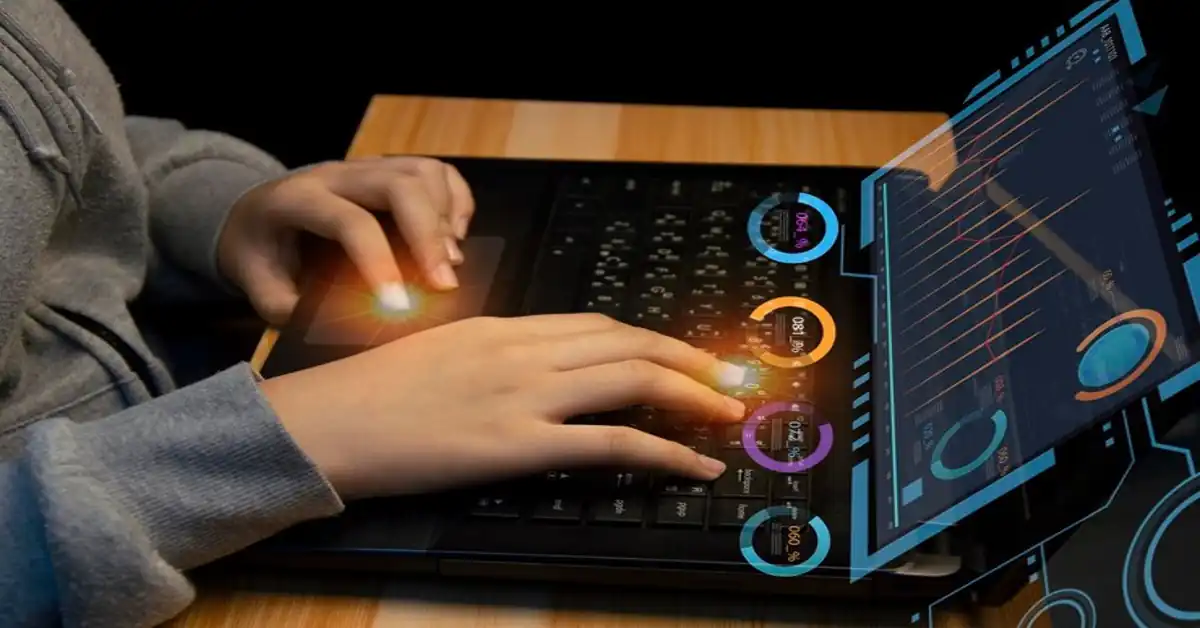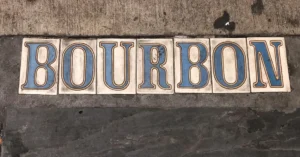In an internet culture increasingly obsessed with the next—the next AAA title, the next graphics engine, the next console—there exists a quieter, more reflective movement. One that doesn’t rush forward, but looks back. It’s in this context that Updates TheGameArchives, a digital repository devoted to preserving gaming history, has carved out a role that feels both nostalgic and revolutionary.
And now, in 2025, that role is shifting again.
The latest updates TheGameArchives aren’t just about expanded file repositories or backend improvements. They reflect a deeper recalibration in how we treat interactive media, intellectual property, and digital memory. This article explores what these updates mean—not just for gamers, but for historians, educators, and a culture grappling with its own digital heritage.
What Is TheGameArchives?
To the uninitiated, Updates TheGameArchives may appear to be yet another ROM repository or file dump—a digital attic filled with old floppy disk images and broken links. But beneath that surface lies a far more ambitious mission: the preservation of interactive media as cultural heritage.
Founded by a loose collective of archivists, coders, and gaming enthusiasts, Updates TheGameArchives serves as a growing online library that houses everything from 1980s shareware to unreleased prototypes of early console games. The platform provides a crucial, albeit unofficial, record of gaming’s evolution.
Now, with a suite of 2025 updates, the project is taking deliberate steps to refine its identity, expand its reach, and future-proof its mission.
READ MORE: How to Use Tech Tools G15tooltech: A Practical Guide for 2025’s Digital Workspace
Why Preservation Matters More Than Ever
The average lifespan of a modern video game—defined as the time it remains playable in its original format—is shrinking. Titles released even a decade ago are often unplayable today due to obsolete hardware, licensing shutdowns, or online DRM (Digital Rights Management) restrictions.
Consider the following:
- Games tied to digital storefronts like Nintendo’s eShop or Sony’s PSP store are disappearing as those platforms close.
- Always-online games become unplayable once servers are shut down.
- Proprietary file formats and outdated media (cartridges, CDs, floppy disks) are decaying or lost.
TheGameArchives doesn’t just preserve files—it preserves context. The updates rolled out this year aim to catalog games with accompanying metadata, developer interviews, marketing materials, and even fan mods—treating each entry not just as a game, but a cultural artifact.
The 2025 Updates: What’s New?
The newest round of updates TheGameArchives signals a shift from grassroots enthusiasm to structured archival science. Key changes include:
1. Curated Collections
Rather than listing files in massive, disorganized tables, the new interface introduces curated “Exhibits”—bundled collections centered on a theme, such as “DOS Gaming in 1994,” “Lost 8-bit Projects,” or “Cancelled Dreamcast Games.” Each exhibit includes descriptions, interviews, and annotated notes from historians and developers.
2. Integrated Emulators
The platform now allows users to play selected games directly in-browser via embedded emulators. These run in safe, sandboxed environments and support multiple platforms including SNES, Amiga, and MS-DOS. The goal: democratize access without requiring downloads or technical know-how.
3. Revision-Logged Metadata
Each entry now contains detailed metadata, with revision logs that show how information evolves. For example, a ROM file may include notes like:
“Updated on April 2025: Confirmed original developer attribution; corrected language setting to JP-English hybrid.”
This small but crucial update adds a layer of transparency that was previously lacking in most ROM or archive sites.
4. Ethical Licensing Filters
A subtle yet powerful change: the new version includes opt-in filtering for legally ambiguous content. Users can now browse collections based on content type:
- Public domain
- Abandonware (legally gray)
- Copyright-cleared
- Unlicensed
The intent is to give users agency and clarity, without enforcing a moral stance.
5. Developer and Community Portals
The platform now allows verified indie developers and archivists to upload their own lost or retired works, complete with notes and permission documentation. This crowdsourced model creates a living archive—a space where past and present interact.
Challenges of Curating Digital Memory
Archiving video games isn’t as simple as backing up files. Each game represents a dense tangle of:
- Code
- Assets (images, audio, text)
- Hardware dependencies
- User experiences and interpretations
Preserving a game means preserving a moment in technological, artistic, and cultural history. For example, Wolfenstein 3D is not just a shooter—it’s a milestone in 3D rendering, anti-Nazi messaging, and PC gaming’s mainstream breakthrough.
Updates TheGameArchives’ 2025 updates are designed to reflect this multilayered context, offering more than just digital files. They provide scaffolding—data about data—that lets future users understand not just how a game looked, but how it was played, received, and remembered.
READ MORE: Caricatronchi: A Deep Examination of a Forgotten Yet Symbolic Form
From Users to Curators: The Role of Community
One of the subtle shifts in the platform’s identity is how it now sees its users. In the past, Updates TheGameArchives functioned like a museum with anonymous visitors. Now, it’s more like a community-sourced institution.
The new updates encourage:
- User-contributed annotations (think: Wikipedia-style footnotes)
- Upload of secondary materials (magazine scans, fan translations, dev notes)
- Tagging and cross-linking of entries by release year, platform, or genre
This crowdsourced curation allows the platform to grow organically while retaining scholarly rigor. And in a digital age where AI and automation often dominate archival work, the human touch matters more than ever.
Legal Tensions: Navigating the Gray Areas
Updates TheGameArchives operates in a complex legal landscape. Many of the works it hosts exist in a legal limbo—abandonware, out-of-print games whose rights are either disputed, untraceable, or unenforced.
Rather than taking a hard stance, the platform’s new updates include:
- Clearer content labeling
- Removal pathways for rights holders
- Archival justification statements, where applicable
This level of legal transparency does not guarantee safety, but it signals responsibility, offering a better template for balancing preservation with respect for copyright.
Preserving More Than Just Games
While the primary focus is games, Updates TheGameArchives has begun extending its scope to related ephemera:
- Instruction manuals
- Game magazines
- Old game trailers
- Fan-made guides and walkthroughs
These documents are often forgotten, but they are vital for understanding how games were marketed, explained, and interpreted by players.
A manual for SimCity 2000 isn’t just a how-to guide. It’s a window into how early simulation mechanics were communicated to a non-technical audience. Including such items enriches the archive’s intellectual value exponentially.
Global Inclusion: Beyond the U.S.-Euro Canon
Historically, most online gaming archives have favored Western platforms—NES, Sega, early PC titles. The 2025 updates mark an intentional shift toward global inclusion:
- Brazilian bootleg cartridges
- Japanese-exclusive visual novels
- Korean PC Bang titles
- Indian and African mobile games from the 2000s
This expansion recognizes that gaming history is not monolithic. It is regional, cultural, and diverse. The archive’s future depends on embracing this complexity.
Educational Implications: Archives as Curriculum
Educators are beginning to use TheGameArchives as a teaching tool. Courses in game design, digital humanities, and even modern history draw from its collections.
The new updates support this use case by offering:
- Citation tools compatible with academic styles (APA, MLA)
- Access logs for institutional use
- Thematic pathways, like “The History of Platformers” or “Politics in 90s Games”
Games are not just entertainment. They are literature, sociology, and code. And increasingly, they are curriculum.
Where It’s Heading: The Archive as Living Memory
Digital preservation used to mean static storage. TheGameArchives’ latest updates argue for something different: living archives that evolve, breathe, and reflect new scholarship.
The roadmap hints at future features:
- AI-assisted metadata enrichment
- Game performance analytics over time
- Digital restoration labs, where corrupted files are recovered via community effort
In short, the archive is becoming less a vault, and more a laboratory.
Conclusion: A Cultural Mission, Technologically Delivered
TheGameArchives is not just a website—it is a mission. One that recognizes the value of preserving ephemeral, often overlooked aspects of our digital lives.
Its 2025 updates don’t just fix bugs or update interfaces. They redefine what it means to care for digital memory. In doing so, they raise the bar for what digital preservation should aspire to.
For players, researchers, educators, and cultural custodians, these changes mark a powerful moment. Gaming history is no longer disposable. It is archivable, accessible, and alive.
FAQs
1. What is the purpose of TheGameArchives?
TheGameArchives preserves video game history, including games, manuals, fan content, and metadata, for research and public access.
2. Are the files on TheGameArchives legal to download?
The platform offers content with varied legal status. Some are public domain, while others fall under abandonware or unlicensed categories.
3. Can I play games directly on TheGameArchives?
Yes, with recent updates, many titles are now playable directly in-browser using integrated emulators.
4. Can users contribute content to the archive?
Yes, the platform now supports verified user uploads, annotations, and contributions to themed collections and exhibits.
5. How is TheGameArchives different from ROM sites?
Unlike typical ROM sites, TheGameArchives emphasizes curation, metadata, education, and ethical access rather than mass downloading.









